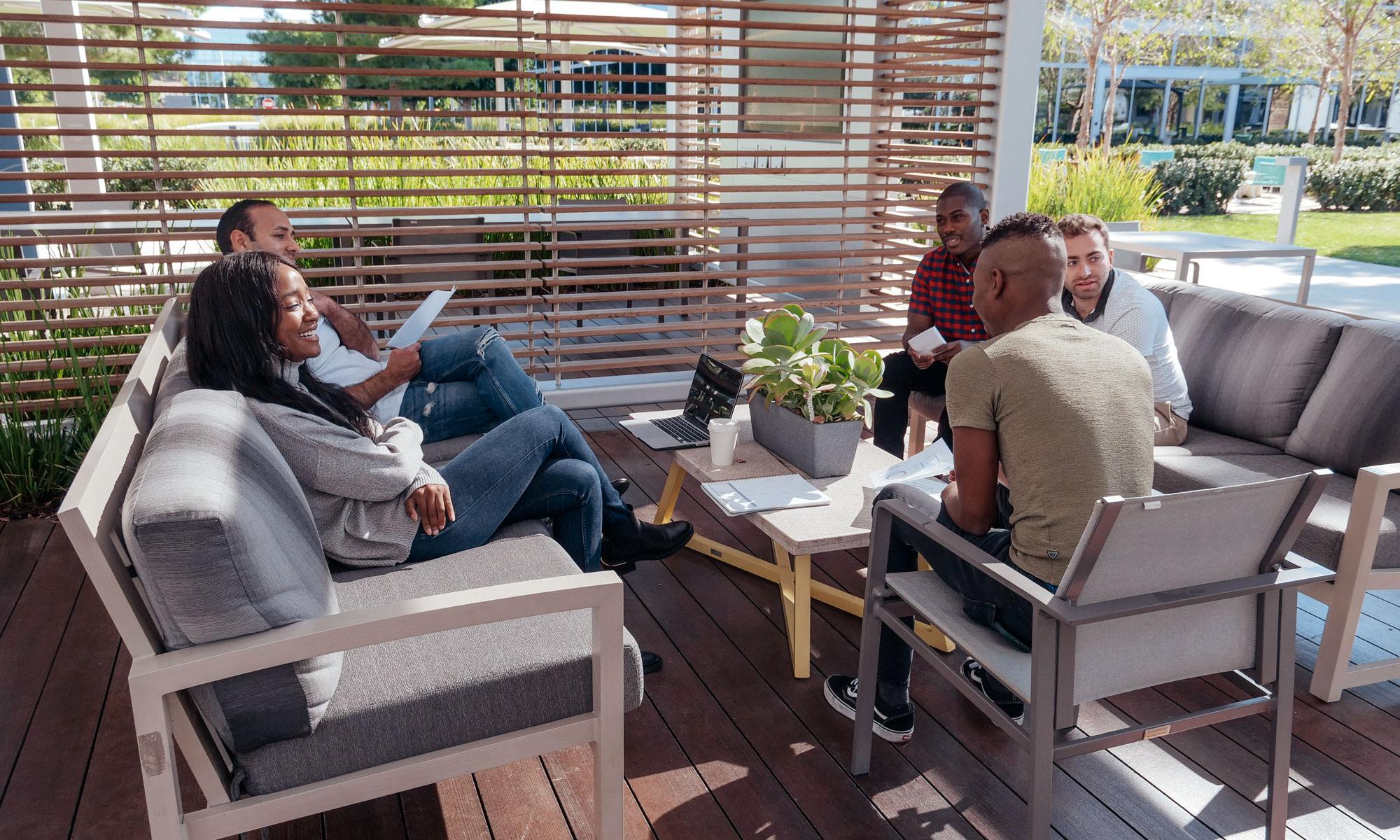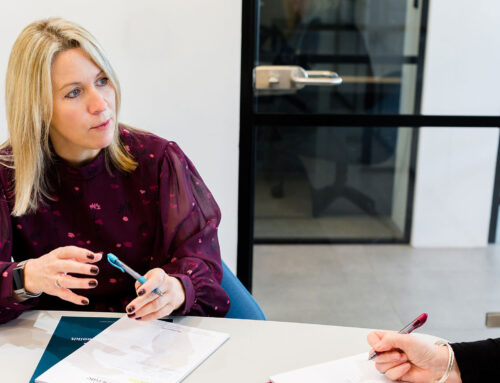Sustainability in the workplace is a bit of a hot topic at the moment. Around 18% of the UK’s total carbon emissions are attributed to commercial businesses – one of many areas that will need to be improved if the UK is going to reach its 2050 net-zero targets. Although some corporations are making bold steps towards net zero, according to a survey by Edie.net, 4 in 10 SMEs are unsure about how what to do or how the net zero commitment will affect them.
Talking to Metro about what employers can do to become more sustainable, Sam Jackson from the environmental group Ecologi (who run initiatives like planting trees to offset carbon) explained that it is less about the attitude and more about looking at what can businesses do right now, to become more sustainable:
“If you’re sending people around the world on flights, that’s where most of your emissions are going to come from.
“So, we might say, have you considered fewer trips by flight and implementing a sustainable travel policy?
“Also, rather than compelling people to drive to the office, just say that sometimes employees can work from home or go completely hybrid or completely remote.
“Those types of interventions can chip away at the problem.”
Improving the triple bottom line
If your business is making the shift towards corporate sustainability, you need to focus on managing the triple bottom line: the financial, social and environmental impacts of your business. This goes beyond focusing purely on profit when making business decisions but also considers the issues that affect people in your community – and the planet as a whole. It’s also a great way of ensuring that the well-being of your staff is being considered within your business practices, something we have touched on in our previous articles about employee burnout and becoming an accidental manager.
The individual circumstances of the business, the goals and challenges, processes and people in conjunction with your leadership strategies and operational structures all combine to influence the kind of sustainable business practices that you will need to adopt. Your employees should understand what sustainability means in your business.
Unfortunately, this kind of change does not happen overnight, you have to identify goals, create new policies and practices and ensure that everyone knows their role when it comes to taking things forward and creating a culture of sustainability in the workplace. It is worth bearing in mind that it will be easier to get people on board and adopting new practices if they understand why you have asked them to make sustainable changes and what the benefits might be.
Creating a sustainable workplace culture
Before you begin working on your sustainable goals, it is beneficial to do an audit of your current business practices. If you have a large organisation, then it might help to set up a working party or committee to oversee the transition in each department, come up with a plan together and produce some sustainable guidelines and policies.
Consider transitioning to paperless systems where possible and ensure that you are using sustainable office supplies, you have a good recycling policy in place and you are reducing the need for things like single-use plastics – you could even go plastic free.
How do you know if your office supplies are sustainable? Find out how and where they are made, how they are packaged and whether your suppliers implement any sustainable practices.
Create a ‘green’ workplace by bringing in potted plants. These have been proven to affect employee wellbeing, providing a more relaxing atmosphere, and in most cases, they will improve the air quality too.
Implement small but sustainable practices in the office. Things like setting printers or monitors to sleep mode, turning everything off at night, switching to energy-efficient bulbs and lighting, using energy-efficient heating systems and setting the thermostat for optimum levels of cooling and heating. This can, of course, save money too.
It is also important to see if all of this is working, so create a system whereby you can track and report your progress, using the triple bottom line to measure their effectiveness. Any cost savings made from using more energy efficient practices or reducing waste, the effects on employee wellbeing (reduced staff turnover, increased productivity, self-reported mood) and of course the environmental impact. This can be measured in amounts of waste or recycling, whether things are being repaired or reused, plus there are lots of tools online that can help you measure your impact and corporate carbon footprint. The Energy Saving Trust has lots of tips for calculating this on its website.
Earth Overshoot Day
Earlier this year, July 28th was Earth Overshoot Day 2022. This is the one day each year when humanity crosses the threshold of ecological replenishment – i.e. we’ve used up all of the earth’s resources for the year and our demands for resources are outstripping what the earth can regenerate within a year. As we continue to consume and overuse, the date of Earth Overshoot Day becomes earlier every year and we currently need 1.75 planet Earth to keep up with our demands. As individuals, we may feel powerless to stop this destruction, although we can all do our bit to lower our carbon footprints, at home or with our families. If we can put some effort into making our workplaces more sustainable, as an employer or an employee then we will all feel the benefits of this ripple effect on society.
In 1971, Earth Overshoot day happened at the end of December, now it’s creeping closer to August every year. Just take a look at the graph on the Earth Overshoot Day website to see how things have shifted. It’s time to put more focus into preserving the earth’s resources through our business practices, promoting carbon-zero workplaces and supporting business initiatives that put the planet first – and the good thing is, although it can take time and effort to implement these changes within our businesses, it can make them more appealing and more cost-effective too.
According to research carried out by the Energy Saving Trust, 87% of UK adults are either extremely concerned or somewhat concerned about climate change. More people are beginning to recognise and value businesses that employ sustainable and ethical business practices. By demonstrating that your business is playing its part in addressing the climate emergency, you can attract these customers to your brand and encourage them to achieve more sustainable lifestyles of their own. Plus switching to renewable energy, using recycled materials and reducing waste can help to improve your bottom line too.
What can you do to be more sustainable right now?
We understand that the shift to a more sustainable culture in the workplace can take a lot of time and you may want to start implementing small, simple changes straight away The WWF has some great tips on their website, along with a downloadable Sustainable Office Guide.





Leave A Comment